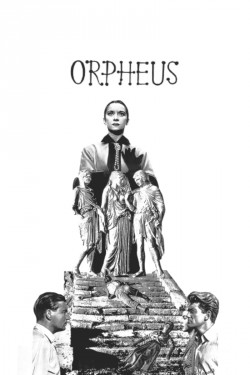
Orpheus
A fight erupts at the Café des Poètes in Paris between the poet Orphée (Jean Marais) and a gang of bitter upstarts. The death of a rival poet, Cègeste (Edouard Dermit), prompts Orpheus to be summoned by a strange princess (Mara Casares), who insists on transporting him and the body in her Rolls Royce. In no time, Orphée finds himself in the underworld, where the Princess informs him that she is in fact Death herself. In order to return to the land of the living, Orpheus escapes in his car, where he becomes captivated with the radio in the vehicle. The Orphic Trilogy, which includes The Blood of a Poet (1930), Orpheus (1950), and Testament of Orpheus (1961), is centered on this picture (1960).
Read full
Production:
Country:
Duration:
96 m


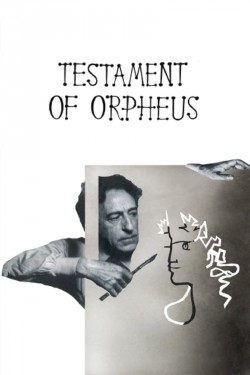
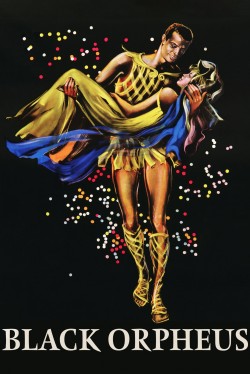
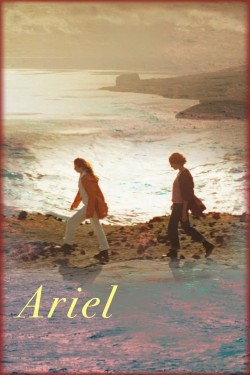




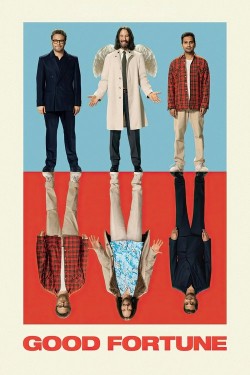
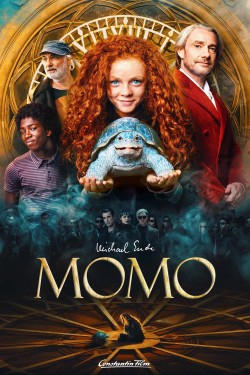


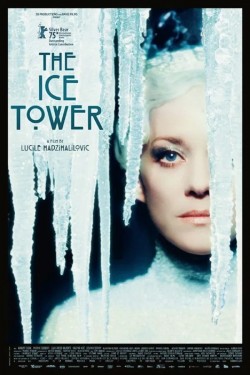


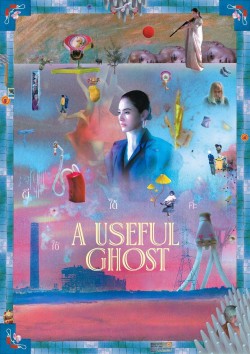
Discussion